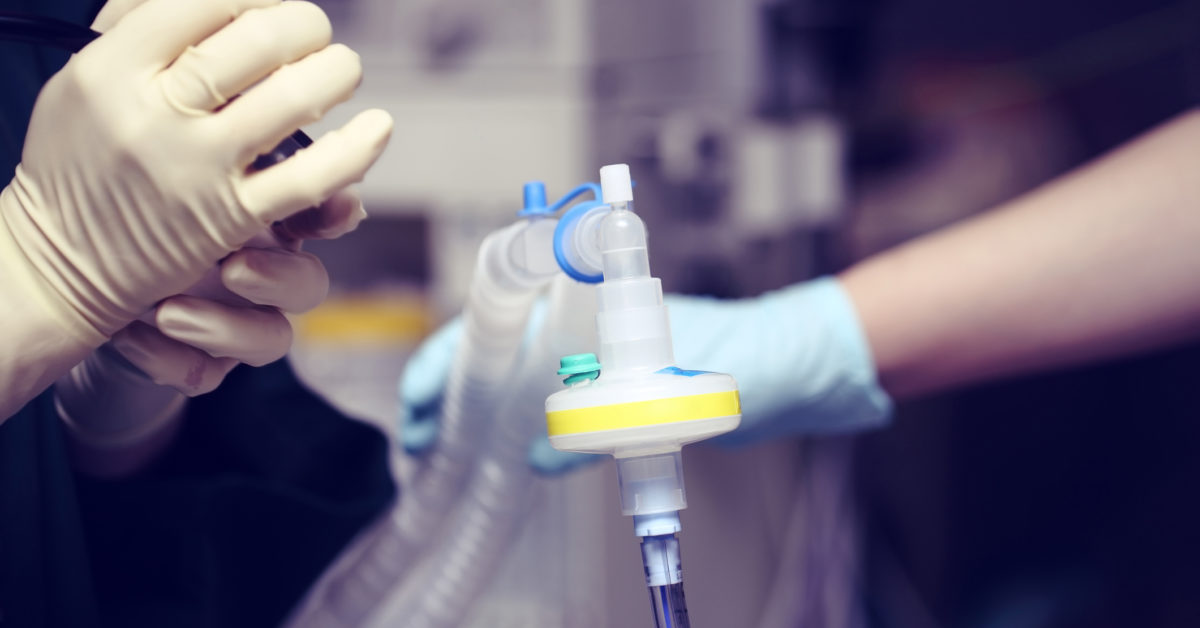A common drug found in many hospitals may reduce the number of deaths caused by infections with the SARS-Cov-2 virus.

A team of researchers has proposed repurposing a drug found in many hospitals around the world to reduce mortality associated with Covid-19.
The research, published in The Journal of Trauma and Acute Care Surgery, could help doctors reduce the significant strain on key hospital resources, such as ventilators, caused by the COVID-19 pandemic.
Stay informed with live updates on the current COVID-19 outbreak and visit our coronavirus hub for more advice on prevention and treatment.
Some people who contract SARS-Cov-2, the virus that causes COVID-19, will experience only mild to moderate symptoms that means they will not need to go into the hospital.
However, for other people, the virus may become more severe. Sometimes, their condition can be life-threatening.
For patients who are hospitalized, ventilators are a key part of their treatment. There is a range of different ventilators, but their sole purpose is to oxygenate a person’s blood when their body is not able to do so.
This scenario is common in severely ill people, where SARS-CoV-2 has affected their lungs, reducing the oxygenation of their blood.
Current estimates suggest that the United States, along with most other parts of the world, does not have enough ventilators to accommodate the number of people with COVID-19 who are likely to require intensive care.
The new research suggests that one way of alleviating the pressure on intensive care units and ventilators is to repurpose a common drug found in many hospitals: tissue plasminogen activator (tPA).
The drug is a type of protein that doctors use to break up blood clots in people who have had a heart attack or a stroke.
Initial data from COVID-19 patients in China and Italy suggests that one of the primary causes of death is significant blood clotting, particularly in the lu

